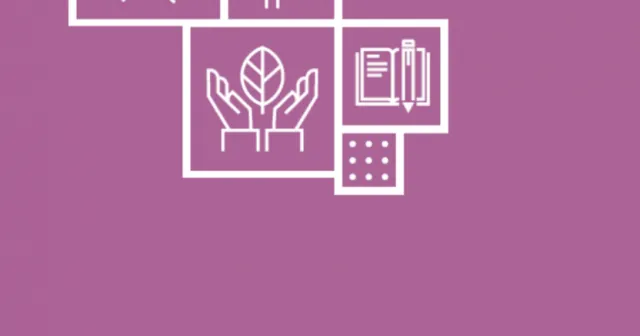Sandra Zoomers: digital pathways to entrepreneurial skills

Short bio
In the Breakthrough Foundation, I am trainer in adult education and a trusted partner for Cities of Learning and Open Badges developments in The Netherlands and beyond. For many years, I have supported learners with special needs working in collaboration with a wide range of organisations and institutions in my country, Europe, and globally.
My EPALE
I use the Electronic Platform for Adult Learning in Europe (EPALE) to stay updated about the learning needs of adults, developments and innovations in adult education and to get new ideas to improve the quality of our trainings for adults. Currently I love to follow the developments in digital transition and the life and work skills. Both of EPALE's 2021 areas of focus are very relevant to our Cities of Learning KA2 partnership project which focuses on developing digital technology in order to enable learning pathways for entrepreneurial skills.
My Story
One of the biggest challenges of my work as an adult educator is that the quality of non-formal learning needs to be better acknowledged and recognised. Luckily I believe that we are on our way to achieving that. I believe that everyone continuously learns in every situation. I often work with adults who tell me they didn’t enjoy their formal education years and therefore now associate learning with something that isn't fun. It is important to me that people learn to reflect and are able to express in words what they have learned. Responding to what an individual is interested in or passionate about helps with learning (again).
I have been greatly inspired by the competence frameworks that have been developed, such as DigComp, EntreComp and LifeComp. By developing these competency frameworks, I see opportunities to improve the acknowledgement and recognition of non-formal learning whilst also maintaining the voluntary and flexible aspects of non-formal education. I combined my wealth of experience in designing, piloting, and using digital Open Badges systems to validate learning and to recognise skills in diverse learning settings with the competency frameworks. We are making wonderful steps forward.

The Covid-19 lockdown gave me the opportunity and time to connect once again with the Dutch learning and work environment. With hindsight this was extremely beneficial for me. I have realised how far we have come as an organisation in understanding the importance of basic skills in lifelong learning. And how this connects with one of our projects called Digital developments for pathways to entrepreneurial skills. We have developed Open Badges (digital micro-credentials) for the diverse competency frameworks, so that they can be easily included in the projects we are running, including the EntreComp competency framework.
The development of the entrepreneurial capacity of European citizens and organisations is one of the key policy objectives for the EU and the Member States. Our newest project Digital technology for pathways to entrepreneurial skills is based on competencies, qualification and endorsement frameworks. Partners connect existing entrepreneurial adult education programmes for disadvantaged adults with fewer opportunities. They use entrepreneurial frameworks to recognise, endorse, and acknowledge prior learning on the job, and learning in educational programmes. We want to support these enterprising adults in further developing and recognising their entrepreneurial skills and increasing their successes.
Citizens with entrepreneurial skills and attitudes are needed more than ever to rebuild the economy impacted by Covid-19. Future challenges in the field of education include addressing the different ways we assess upskilling and reskilling. It will be crucial to research, map and adapt these different ways of recognising the skills and competencies that both learners and society contribute to each other's wellbeing.
Did you get inspired by this story? Let us know below in the comments and get the chance to win an EPALE unique gift!
5 users per month (May 2021 - January 2022) from those commenting on a 2021 Community Story will be picked at random and will receive a gift. Comments must be relevant and related to the topic to be eligible.





